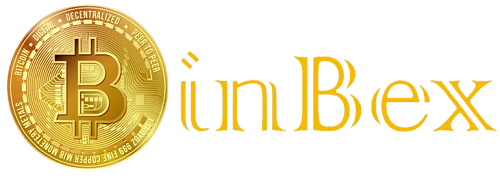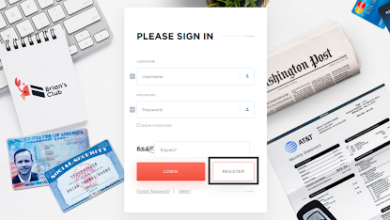Face Verification: Top 5 Use Cases in the Healthcare Sector

Advanced cloud-based technology that is face recognition swiftly recognizes and verifies users through their facial imprints. This system analyzes humans Wellhealthorganic Buffalo Milk Tag expressions through lives videos, feeds, and images by comparing them with a user database. Facial recognition is typically dependent upon face descriptors, which are a distinctive array of digits that precisely describe a person’s features. Likewise, this system is the geometrical presentation of faces, and its advanced feature ensures secure personal and biometric data if the firm deals with any type of illegal cases. In 2022, the facial recognition market reached $5 billion and is forecasted to reach $19.32 billion by 2032. These numbers describe the importance of biometric verification. Let’s dive deeper to understand face recognition and its use cases. Read More: Business consultants in Dubai
How Does Face Verification Work?
Face verification compares the features of the user through the current image with those saved in a database. The foremost and primary purpose of this is to recognize the authentic users from the data warehouse quickly. Hence, verification simplifies the modern integration of humans and machines that can easily access control and video surveillance.
Use Cases of Face Recognition
In different industries, verification has been used for the past few years to simplify their procedures. However, in the healthcare industry, this advanced biometric technology proves to be beneficial as it can efficiently execute tasks, enhance patient conditions, and streamline records easily.
- Smooth the Process of Patient Check-in and Out.
Healthcare provides dealing with massive amounts of patient information that somehow becomes time-intensive and burdensome. Hence, to smooth this process, organizations have to enforce advanced biometric technology to reduce the burden on their employees. These systems easily track patients’ check-in and check-out times and record their history. This helps to improve the firm’s operations and tells them how to use their time wisely. By doing so, healthcare sectors can easily improve their time.
- Safeguards Patient Sensitive Information
Every business wants to secure its online documents from imposters that’s why safety is among their top concerns. Due to this, many financial institutes want to solve this issue by having a secure and cutting-edge security system. So, every healthcare industry must install face verification systems to ensure that which patient is going in and out of the location. Restricting imposters, such as drug seekers or any other patient who doesn’t want to pay their charges, is also their primary objective. Read More: 06shj06
This face recognition technology scans patients when they enter the premises and records this essential information in their cloud database. Moreover, this software thoroughly investigates patients and lessens the conventional paperwork procedure. That’s how the system helps healthcare workers improve patient security and reduce their workload. Not only this, but it also reduces confusion that leads to genuine user information.
Face recognition serves more unique advantages as it doesn’t require patients’ physical appearance and can be treated remotely. Especially during COVID-19, face recognition technology was a lifesaver as it secured patients from this deadly disease.
- Swiftly Monitors Employees Exit and Entrance Time
Face recognition tracks employees’ records wellhealthorganic buffalo milk tag like this system does for patients. Recording entrance and exit times with manual procedures are lengthy and time-intensive, which is why many firms are moving to automated procedures. Hence, these automated processes immediately record employees’ work hours and generate instant reports when needed. These AI-based software lessen employee burdens and limit imposters to step into the system.
- Provides Accessibility Control to Restrict Imposters
Face recognition restricts imposters from going to the sensitive areas as this system doesn’t easily give access to unknown users and automatically warns employers if anyone tries to do so.
- Quickly Inspects Patients and Provides Authentic Diagnosis
Face verification advanced features inspect emotion recognition and should recognize them easily for best patient insights. This AI-powered software understands patient health status and pinpoints to scrutinize patients. If any kid is scared of medical treatments, employees must use advanced technology to inspect the kid’s health status.
- Provides Caretaking Robot Services
As employees can provide limited services, AI-powered robots are actually providing robot services that can easily take care of elderly patients by reminding them of their good memory. They also help in improving patient interaction with doctors. Robots also assist patients if they forget to take medicine.
Final Verdict
Face recognition in healthcare has transformed different operations to help them grow. Moreover, face verification has reduced employees’ workloads and enhanced patient safety. This system is more effective as AI-powered robots automatically take care of patients. Therefore, face verification is a go-to option for the healthcare industry.




